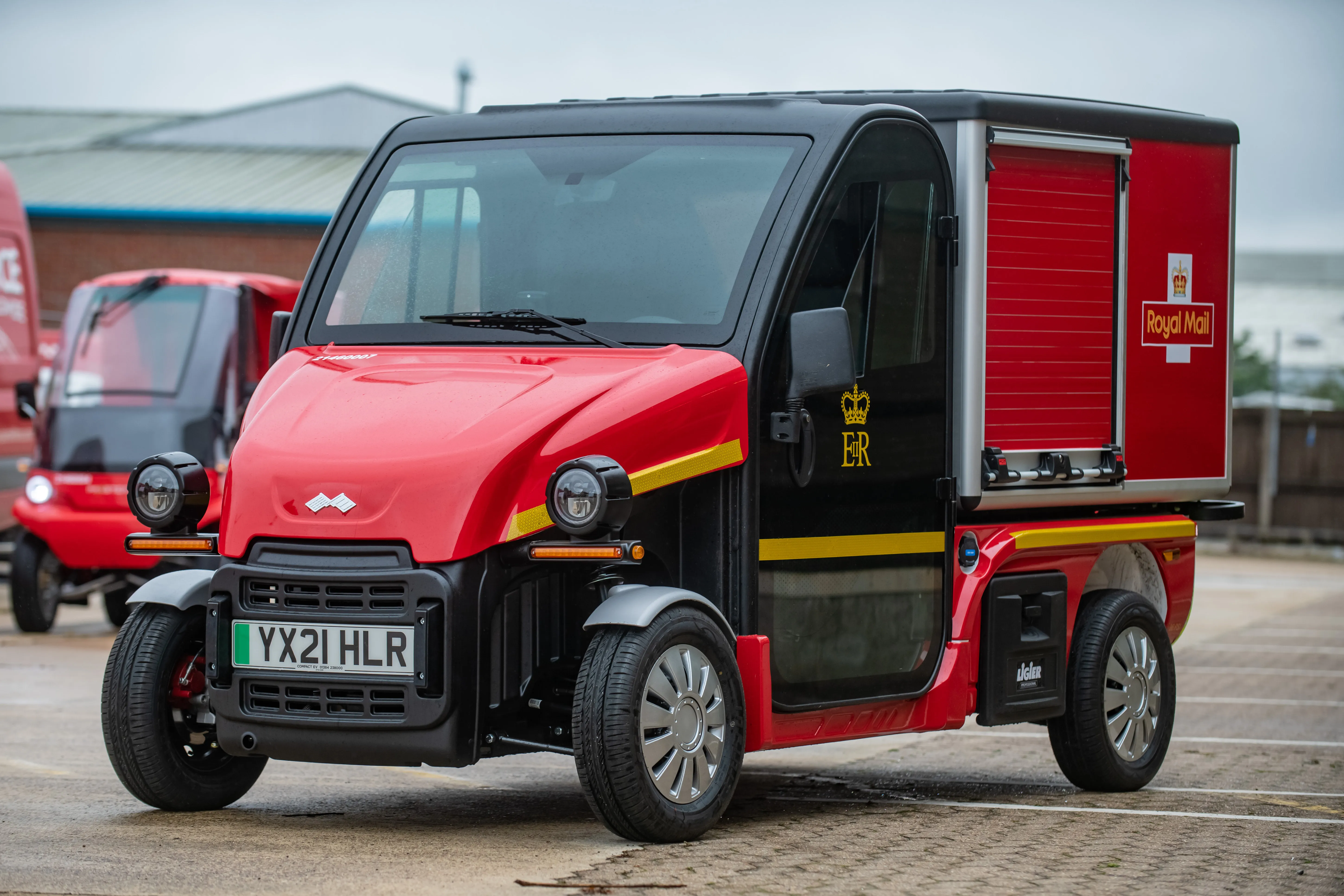Chinese electric car manufacturer BYD and London green minicab company greentomatocars have signed a Memorandum of Understanding to create London’s first fleet of all-electric minicabs. BYD will supply greentomatocars with 50 of its pure electric e6 models for trial use in the capital. The cars are expected to be available for customers to use from the second quarter of 2013.
October 25, 2012
Read time: 3 mins
Chinese electric car manufacturer 5445 BYD and London green minicab company greentomatocars have signed a Memorandum of Understanding to create London’s first fleet of all-electric minicabs.
BYD will supply greentomatocars with 50 of its pure electric e6 models for trial use in the capital. The cars are expected to be available for customers to use from the second quarter of 2013.
The five-seat e6 is a crossover vehicle with a spacious interior that lends itself perfectly to the private hire market, with substantial legroom and headroom for passengers, as well as ample luggage capacity. It is a zero-direct-emission electric vehicle, which means that it emits no harmful toxic emissions, criteria pollutants or harmful greenhouse gases. BYD e6 taxis are well-proven and have already driven a total of more than 14 million miles in key global markets.
The e6 features a 75kW motor and BYD’s own Fe battery (iron phosphate battery), which gives the car a range of up to 186 miles on a single charge in urban conditions with a top speed of 87mph and instant torque providing excellent acceleration. The Fe battery can be fully charged and discharged for more than 4,000 cycles.
The Mayor of London, Boris Johnson, said: “It is my aim that London's minicabs and taxis will be zero-emission by 2020, which will have a major impact on air quality. Every year the fleet is getting cleaner, making our city an even more attractive place to live, work and visit. Encouraging many more electric vehicles is a key part of this transformation, so it is great news that greentomatocars has committed to operating 50 of these super clean machines from next year.”
BYD Chairman Wang Chuanfu said: “We are delighted to supply greentomatocars with e6 vehicles that will create London’s first electric minicab fleet. The e6 has zero tailpipe emissions, so it avoids contributing to the city’s CO2 levels and results in cleaner air for Londoners.”
Jonny Goldstone, managing director of greentomatocars, added: “We are very pleased to be working with BYD on this project. As a partner company, BYD has shown great leadership to challenge the status quo, innovate and electrify mass transport - principles which go to the very heart of greentomatocars.”
“As a car, we see strong parallels between the e6 of today and the then-unfashionable1686 Toyota Prius of 2006. It’s exciting to think that, even as a 5-car start up, we played a major role in making the Prius popular; given the scale, experience and high-tech infrastructure we now have at our disposal, we’d love to 'do a Prius' with the e6, and help propel electric vehicles into the automotive mainstream - where they deserve and, for all our sakes, need to be,” said Mr. Goldstone.
BYD will supply greentomatocars with 50 of its pure electric e6 models for trial use in the capital. The cars are expected to be available for customers to use from the second quarter of 2013.
The five-seat e6 is a crossover vehicle with a spacious interior that lends itself perfectly to the private hire market, with substantial legroom and headroom for passengers, as well as ample luggage capacity. It is a zero-direct-emission electric vehicle, which means that it emits no harmful toxic emissions, criteria pollutants or harmful greenhouse gases. BYD e6 taxis are well-proven and have already driven a total of more than 14 million miles in key global markets.
The e6 features a 75kW motor and BYD’s own Fe battery (iron phosphate battery), which gives the car a range of up to 186 miles on a single charge in urban conditions with a top speed of 87mph and instant torque providing excellent acceleration. The Fe battery can be fully charged and discharged for more than 4,000 cycles.
The Mayor of London, Boris Johnson, said: “It is my aim that London's minicabs and taxis will be zero-emission by 2020, which will have a major impact on air quality. Every year the fleet is getting cleaner, making our city an even more attractive place to live, work and visit. Encouraging many more electric vehicles is a key part of this transformation, so it is great news that greentomatocars has committed to operating 50 of these super clean machines from next year.”
BYD Chairman Wang Chuanfu said: “We are delighted to supply greentomatocars with e6 vehicles that will create London’s first electric minicab fleet. The e6 has zero tailpipe emissions, so it avoids contributing to the city’s CO2 levels and results in cleaner air for Londoners.”
Jonny Goldstone, managing director of greentomatocars, added: “We are very pleased to be working with BYD on this project. As a partner company, BYD has shown great leadership to challenge the status quo, innovate and electrify mass transport - principles which go to the very heart of greentomatocars.”
“As a car, we see strong parallels between the e6 of today and the then-unfashionable








